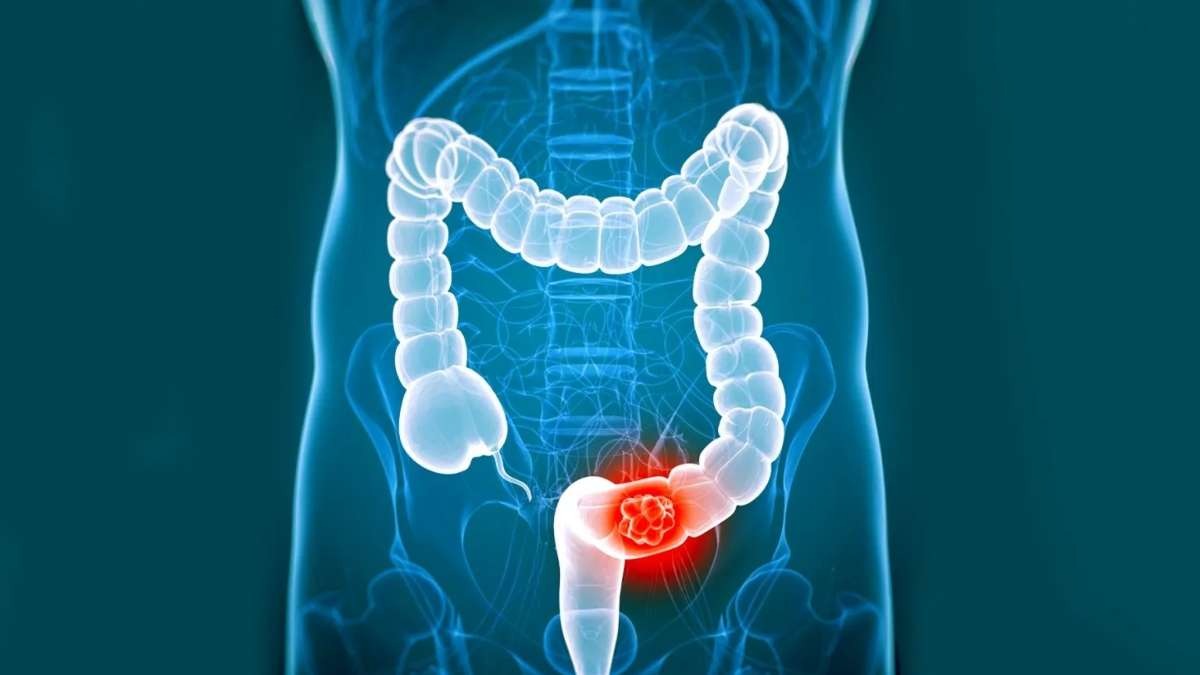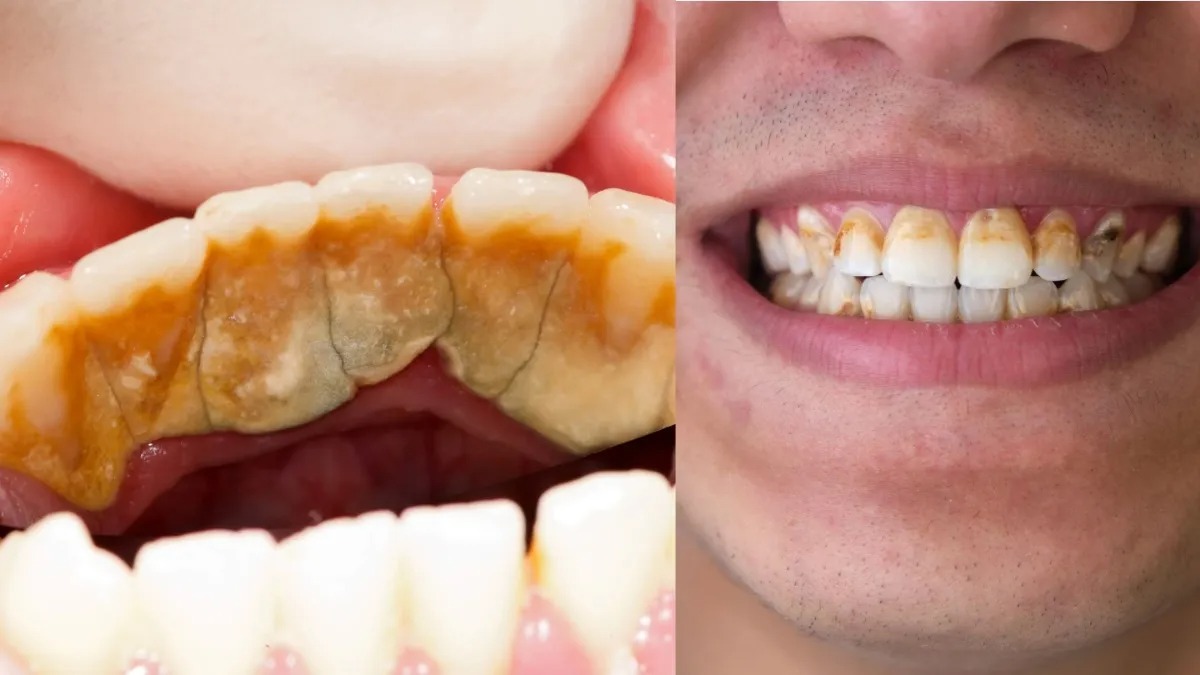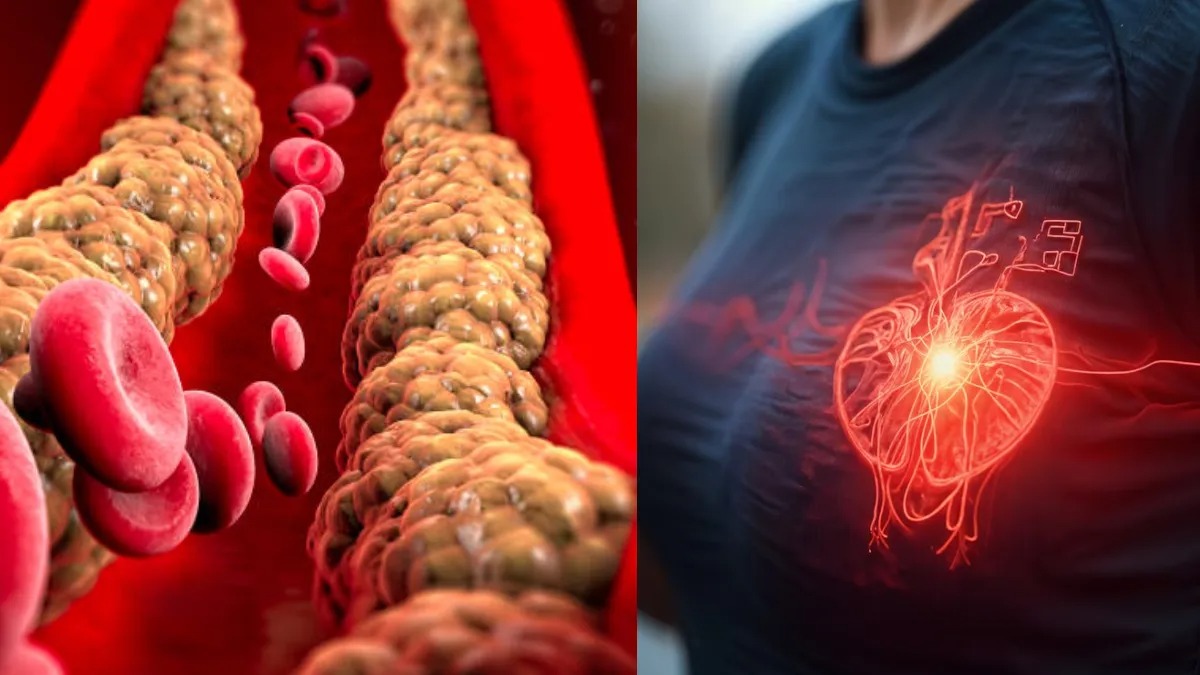
Health: Colorectal cancer, also known as colon and rectal cancers, is among the most common cancers in the world today. Since early detection plays a major role in survival rates, most people take no notice of the subtle signs from an early stage. Therefore, a list to keep you prepared, comprising different warning signs along with ways to protect yourself against colorectal cancer, has been provided herein. Here are five signs and symptoms of colorectal cancer, along with protection tips:
- Constant Change in Bowel Habits: A change in bowel habits is the onset of diarrhea or constipation or a feeling that the bowel does not completely empty; if this condition exists for several weeks, then it can be a sign of colorectal.
- Rectal Bleeding or Blood in Stool: Blood in the stool is a warning symptom of colorectal cancer; the blood may appear bright red or be dark in colour, depending on the location of the tumor.
- Unexplained Weight Loss: Unexplained weight loss, without dieting or exercise, is one symptom of a number of health problems, from colorectal cancer to diabetes. One result of the cancer cells, which grow and multiply rapidly, is weight loss due to the high level of energy needed.
- Chronic abdominal pain or discomfort: Persistent cramping, gas, or abdominal pain lasting and progressive commonly signifies colorectal cancer. The discomfort may be bloating or a feeling of fullness.
- Fatigue and Weakness: It can include chronic fatigue, even when not particularly active, possibly from internal blood loss because of a cancer.
Ways to Protect Yourself
Here are some ways you can decrease your risk of colorectal cancer:
- Regular Screening: One of the most helpful ways, especially after the age of 45, to find this cancer is through regular screening, like a colonoscopy. If you have a family history, you might want to start even earlier.
- Healthy diet: There is good evidence that your risk of colorectal cancer is lower when foods high in fibre, like fruits, vegetables, and whole grains, are part of your usual diet. Limit the intake of red and processed meats as that increases the risk.
- Regular exercise: This decreases the chances of getting colorectal cancer because the movement will help improve digestion and keep the body weight in normal condition.
- Avoid Smoking and Excessive Alcohol: Increased risks of colorectal cancers are connected with both smoking and excess alcohol consumption.
- Know Your Family Medical History: If there is a history of colorectal cancer within your family, then you have a higher risk. You may want to discuss this with your doctor and consider genetic counseling, if advisable.
It is very less likely for the disease to attack a person aware of the warning signs and taking precautionary measures to avoid colorectal cancer. All you need to do is come for regular screening and keep yourself healthy. In case of the above symptoms, one should seek immediate consultation with a doctor for evaluation and assurance.
--Advertisement--

 Desk
Desk Share
Share






